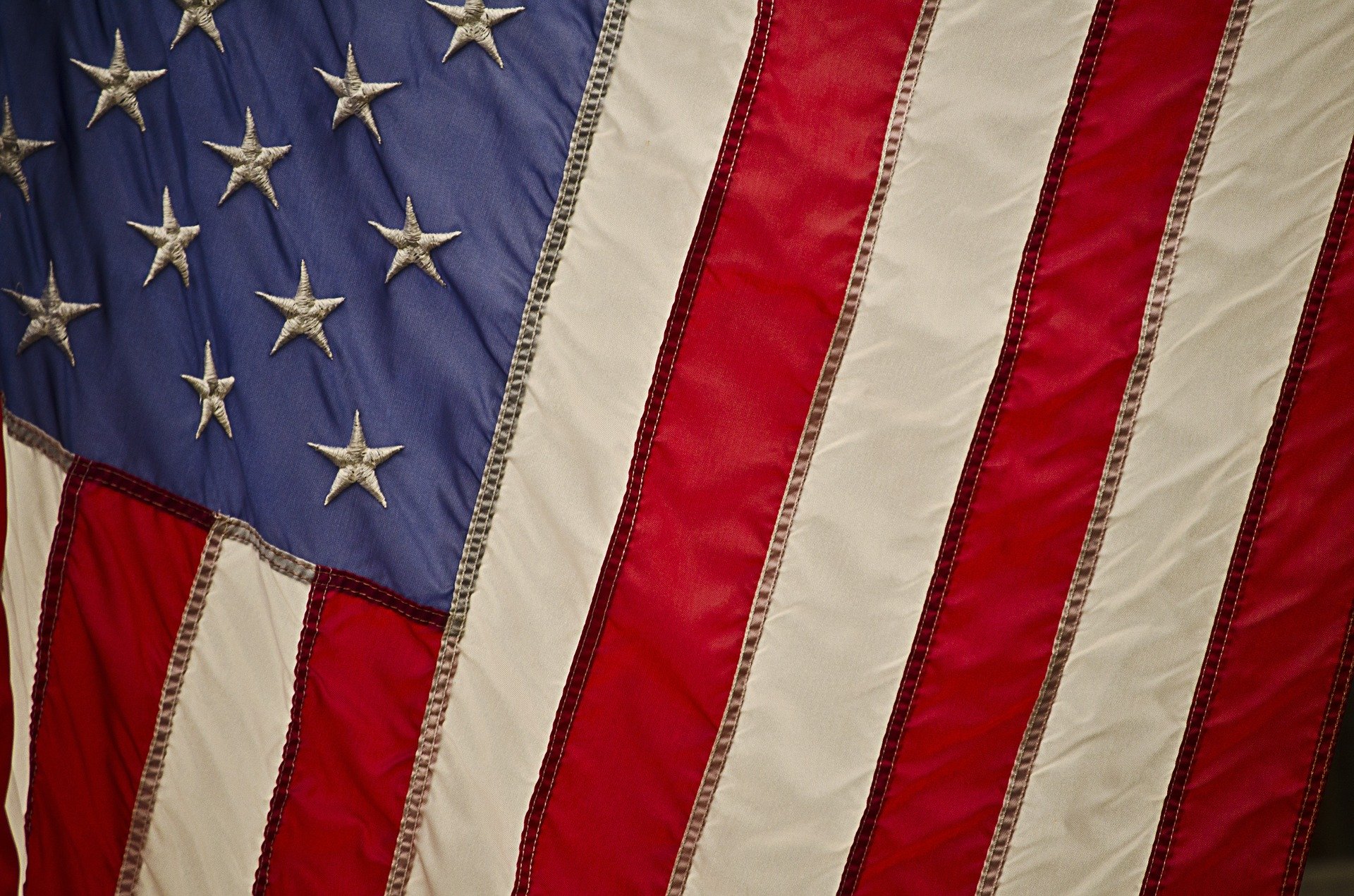America needs more independent candidates

This piece was originally published online on March 2, 2020 with the Detroit News in conjunction with Young Voices where Conner is a contributing writer.
Welcome to the 2020 election cycle. From the presidential debate stage to every state house in the country, partisan pressure is mounting, tensions are rising, and polarization is worsening. It’s becoming less common for someone to be proactively in favor of a candidate and more so for us to simply be against the opposing major party. But being forced to choose between the lesser of two evils is hardly a choice at all.
Clearly, voters are hungry for greater variety.
That’s why non-partisan candidates are so important. They reflect the American desire to see principled leadership instead of the same party-line fights and party-line votes. America needs more leaders who are not just listed as Independent on the ballot, but candidates who are refreshingly independent from business-as-usual in Washington, D.C.
Political parties and factions have been decried as threats to American freedom since our country’s founding. John Adams called political parties the “greatest political evil under our Constitution,” and George Washington warned that the spirit of party “opens the door to foreign influence and corruption.” With a duopoly of power, the Republican and Democrat parties seem to have taken all our founder’s warnings about partisanship and used them as a blueprint for conducting business.
Running as an Independent is a reflection that a candidate is closer to the people than the Washington machine. One candidate leading that charge is Justin Amash, whose reelection campaign is happening in Michigan’s 3rd Congressional District. After leaving the Republican Party on July 4, 2019, Amash faced harsh scrutiny from Republicans. But he has emerged from the firestorm better prepared for a competitive reelection bid. That strength comes from independence from any party.

When he resigned from the GOP in a Washington Post op-ed, Amash diagnosed all party politics as problematic—and he was right. After all, representatives who aren’t bogged down by partisan squabbles can focus on their constituents needs and build principled, rather than party, coalitions in Washington.
Partisanship is obviously a problem in Congress, but we can see it, too, on full display in the 2020 presidential race. Unfortunately, it’s unlikely a third party or independent candidate could make a serious bid for the White House. The rules aren’t friendly to anyone but the two parties that control the process—regardless of how bad those two choices are. Until a debate stage spot is guaranteed for a third voice, it’s unlikely a third-party candidate could reach the critical mass necessary for viability.
Because the presidential race is so dominated by the two major parties, Congress is more likely the place where positive change can occur. Seeing Independent candidates win congressional races would symbolize unity, encouraging other non-partisan leaders to run for office and empowering more voters to put principles above politics when they enter the voting booth. If we’re to find a way to climb out of this mess of a two-party system, it’s absolutely crucial we demonstrate the viability of third-party candidates. Indeed, the Republican and Democratic parties have changed, and many Americans feel left behind. But candidates running as Independents aren’t beholden to party leadership and, as a result, can focus on doing what is best for their constituents. Aren’t those the candidates we want to lead our government?
Partisan bickering is all-too-common in this 2020 election season, and good policy is just getting lost in the fray. Right now, it seems there are only a handful of candidates willing to prioritize doing the right thing when it means sailing against favorable political winds. That’s why it’s more important than ever to see non-partisan leaders take the high road and win elected office. George Washington himself declared that it was “the interest and duty of a wise people to discourage and restrain” partisanship. It’ll be up to the voters to decide whether to embrace those words of wisdom—for the good of us all.
This piece was originally published online on March 2, 2020 with the Detroit News in conjunction with Young Voices where Conner is a contributing writer.


